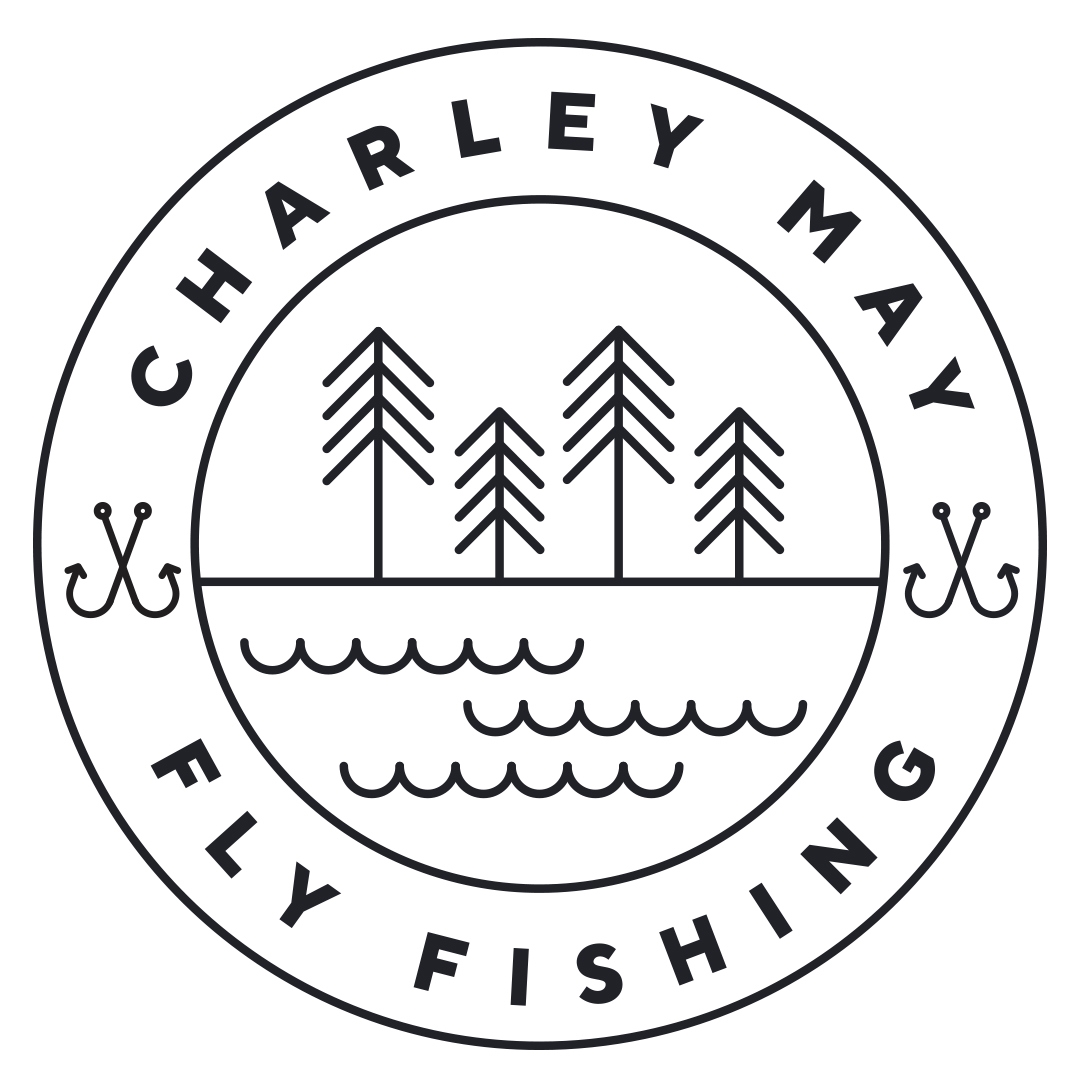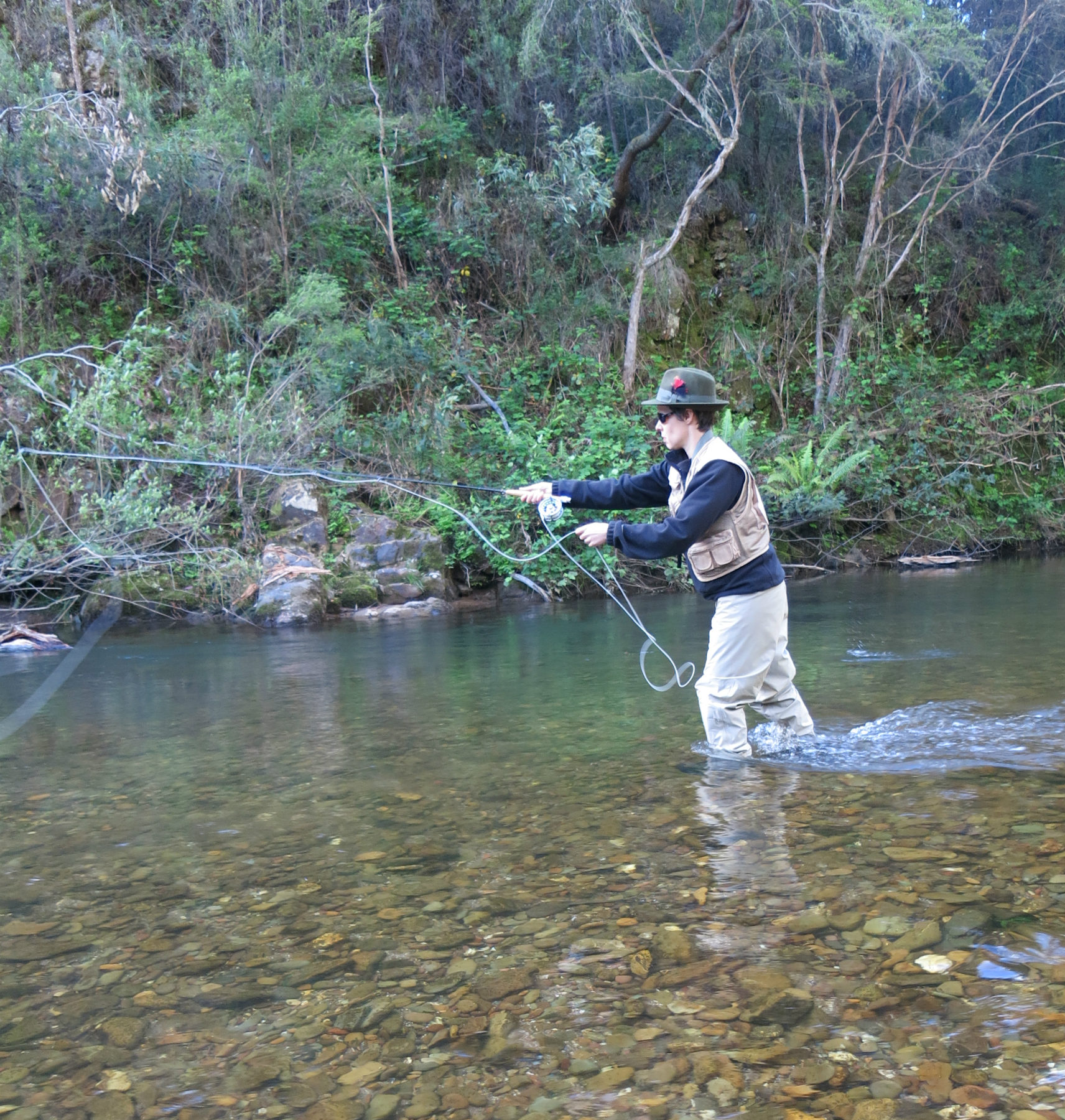Fly fishing is more challenging than conventional fishing — so why bother?
/I recently dropped my car off for a service and it sparked a conversation with the garage guy who noticed my fly fishing logo. He said: “Why would you go fly fishing? It’s so hard and I never caught lots of fish when I went.” To which I responded: “Well, I find there’s a lot of satisfaction in mastering such a tricky skill and it means the fish I do catch I value more.” I don’t think I convinced him to give it another go because he was motivated by the end game — buckets of fish — rather than the learning journey and escapism that fly fishing offers. And that’s cool, horses for courses I say. However, our chat got me thinking about all the other ‘whys’ people ask me about fly fishing. So, I’ve decided to tackle them over the next few weeks for all you curious folk to see. Here, I’ll start with the ones I get asked the most.
Why is fly fishing so hard?
It’s hard because you’re not simply ‘throwing’ a weighted lure out in the water like you would when you’re spin or bait fishing. You’re using the energy generated in the rod and the weight of the line to create the momentum to carry the fly to its destination. Success depends on understanding the physics involved and being able to put theory into practice — and this requires a bit of skill. But it’s not rocket science either. You just have to make sure you have a decent rod with the right ‘action’ (a term used to describe how the rod bends and its stiffness) for your ability and fishing situation, the correctly weighted and tapered line, and start practicing with someone (like me) who knows what they’re doing. There are hundreds of fly casting lessons online if you want to see what casting is all about or learn a few new tips. Check out Carl McNeil and Peter Kutzer from Orvis for some quality virtual tuition.
Learning to cast consistently and accurately is just one half of the equation. The other part is being able to read the river to know where the fish will be holding and what they’re likely to be eating, how to get close enough to them without spooking them, and how to drift a fly perfectly over a section of water to get a bite. There’s a lot to think about, but when it all comes together and a fish strikes, it’s a eureka moment that makes fly fishing pretty addictive.
This is my partner Deb. I taught her to fly fish seven years ago. She still likes me and has caught loads of great fish so it can't be that hard.
Why don’t you use an easier angling method to catch trout?
Trout are opportunistic feeders that snack on a whole bevvy of insects and critters that live in or around the river. Rainbow trout are aggressive feeders, and brown trout are quite territorial — meaning they’ll often hang out in the same spot (called a ‘lie’) and defend it against other fish or aquatic competitors. All of this means that trout have quite a varied diet and will often go for something if they view it as food or a threat. And that means you can present a range of bait, using different angling methods, that will potentially get a bite. Bait and spin fishing — the forms of fishing most people know — use grubs, worms, and plastic lures (that imitate small fish or other aquatic animals) to target trout and use the weight of the lure or sinker (little weighted balls that sit on the line) to propel the line out to where the fish might be. It can be a very effective fishing method and one that can be done pretty well without too much practice. So, why bother fly fishing I hear you say. Well, because often a delicately presented fly, as opposed to a clumsier bait or lure splashing the water, is the only thing that will take a wary trout. Don’t get me wrong, I’m not bagging other fishing methods — they’re good and they work — but there’s something poetic and immensely satisfying about a trout rising to a ‘fly’ it thinks is a real insect. Every time it happens to me it’s like the world switches to slow-mo and I can focus like no other time in life. It’s a feeling everyone should have the opportunity to experience, and it’s an angling method all serious fisher folk should add to their armory because it works. So, don’t be afraid to give it a go and if you’d like a few pointers then i’d love to show you.



